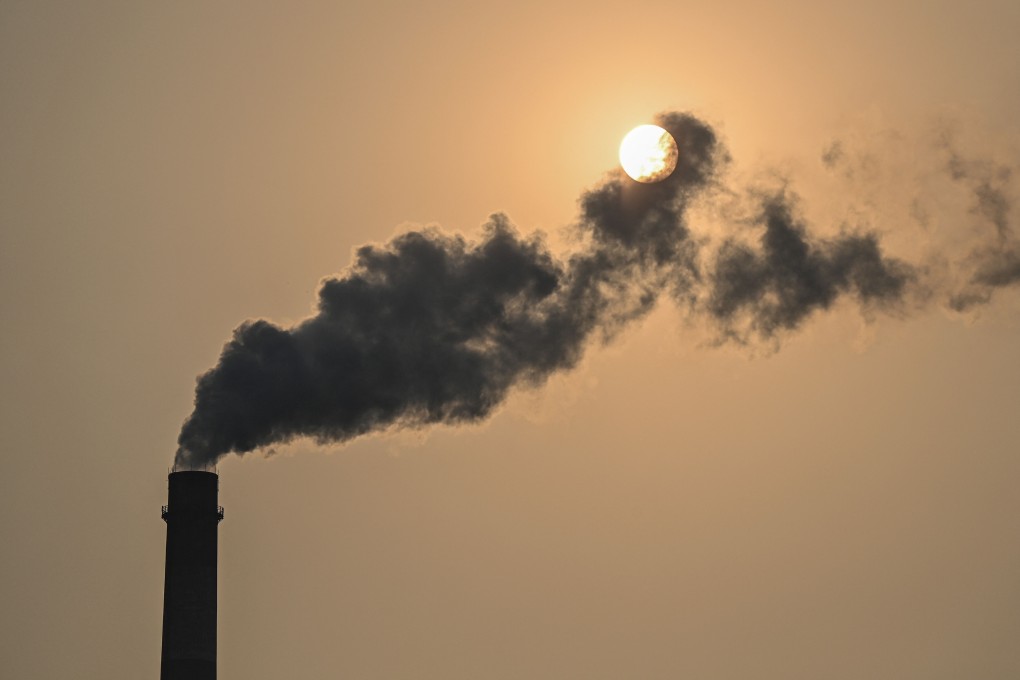Editorial | Energy crunch shows need for a coordinated global approach
- Competition for resources – from natural gas and oil to coal – is keen, highlighting that despite our enmities, we are all in this together

The reopening of economies as the Covid-19 pandemic recedes has pushed up energy demand and tied up supply chains around the world. The European Union’s push for renewables has arguably been too successful. It has convinced many economies in Asia, including China and India, to phase out the use of coal.
Now, those same countries, but especially China, are competing for the same sources of liquefied natural gas (LNG). No wonder gas prices are at an all-time high, oil prices at a three-year peak and coal prices soaring. China, India and Germany are experiencing energy shortages. China has had to ration power supply across more than half the country and to stockpile domestic coal and gas reserves. Its energy crisis has affected production and exports, and is having ripple effects across the globe.
Carmakers such as Toyota, iPhone producer Apple, Australian sheep farmers and makers of cardboard boxes are feeling the impact.
